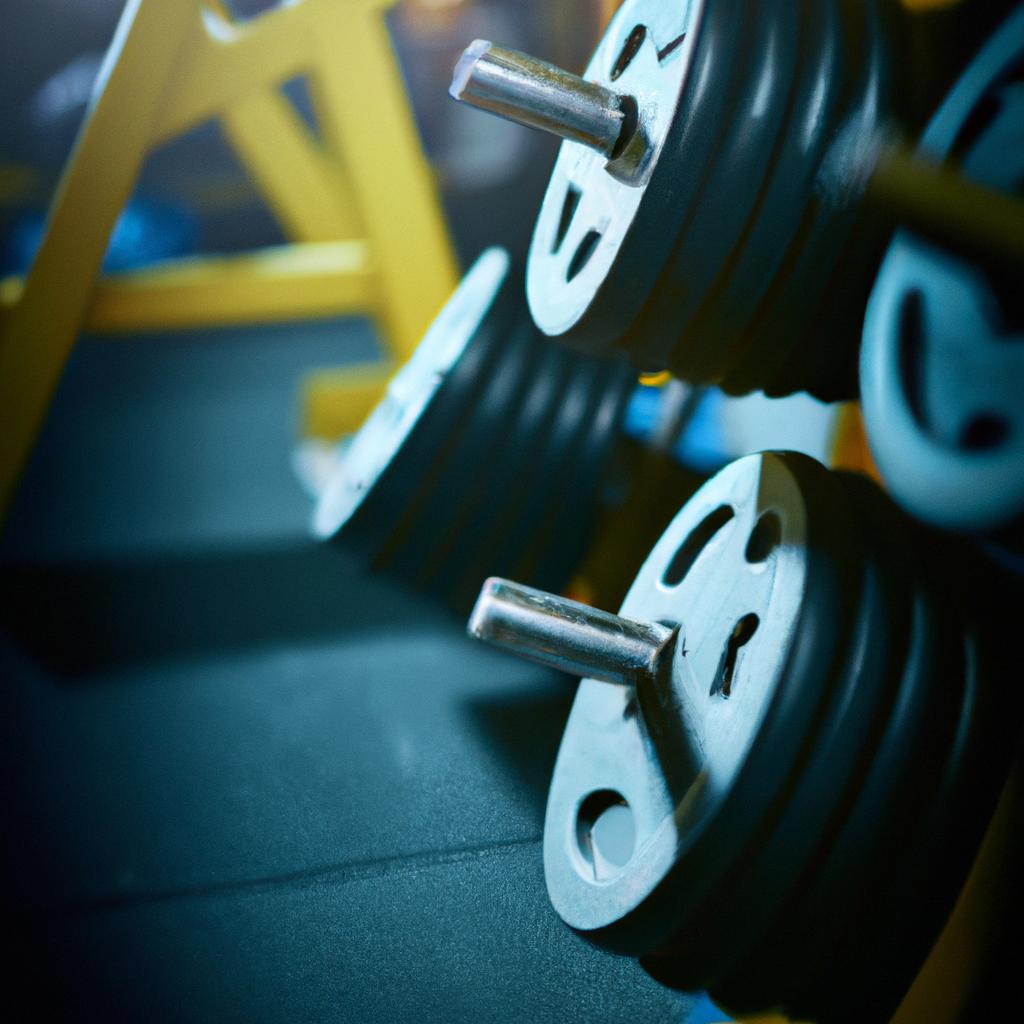**”Barbell Complexes for Athletic Performance: Tailoring Your Routine to Enhance Sport-Specific Strength and Endurance”**
Barbell Complexes for Athletic Performance: Tailoring Your Routine to Enhance Sport-Specific Strength and Endurance
Athletes constantly seek ways to enhance performance. Barbell complexes provide an effective solution. These exercises build strength and endurance simultaneously. Tailoring your routine to fit specific needs maximizes results. Let’s explore how to implement barbell complexes to boost athletic performance.
Understanding Barbell Complexes
Barbell complexes consist of several exercises performed consecutively without rest. Combine movements like squats, deadlifts, and presses. This format elevates your heart rate while building muscle. As a result, athletes improve strength and cardiovascular fitness.
The Mechanics of Barbell Complexes
Each complex targets multiple muscle groups. For example, a complex might include a deadlift, bent-over row, and shoulder press. You work various muscles in one fluid motion. This approach saves time and increases workout efficiency.
Selecting the Right Barbell
Choosing the right barbell matters. A standard Olympic barbell weighs 45 pounds; a lighter training bar weighs 15 pounds. If you’re new to barbell training, start with a lighter bar. As you gain strength, gradually increase the weight. Ensure your barbell has a good grip to prevent slippage.
Nutrition Tips for Enhanced Performance
Nutrition plays a vital role in athletic performance. It fuels workouts and aids recovery. Focus on a balanced diet rich in macronutrients.
Carbohydrates: Your Energy Source
Carbohydrates provide energy for intense workouts. Include whole grains, fruits, and vegetables in your meals. For instance, oatmeal, quinoa, and bananas enhance energy levels. Consume carbs before and after barbell sessions for optimal performance and recovery.
Protein for Muscle Repair
Protein supports muscle repair and growth. Aim for lean sources like chicken, fish, and legumes. Consider protein supplements if your intake falls short. A protein shake post-workout accelerates recovery. Prioritize protein in your diet to support training goals.
Hydration: Don’t Underestimate It
Hydration significantly impacts performance. Dehydration leads to fatigue and decreased strength. Drink plenty of water throughout the day. Consider electrolyte-rich drinks during intense training. Staying hydrated helps maintain peak performance levels.
Exercise Advice for Barbell Complexes
Incorporating barbell complexes into your routine requires planning. Follow these guidelines to structure effective workouts.
Start with a Warm-Up
Always warm up before any workout. Perform dynamic stretches and light cardio to prepare your muscles. For example, do arm circles, leg swings, and light jogging for five to ten minutes. Warming up reduces the risk of injury during barbell complexes.
Choose the Right Complex
Select complexes that target your sport’s specific demands. For endurance sports, focus on lighter weights with higher repetitions. Strength-focused athletes should opt for heavier weights with fewer repetitions. For instance, a basketball player might include snatches and front squats, while a sprinter might focus on deadlifts and overhead presses.
Monitor Your Form
Proper form is crucial. Focus on technique over weight to prevent injuries. Use mirrors or video recordings to assess your form. Consider working with a trainer for personalized feedback. Maintaining good form ensures you maximize each movement.
Health Benefits of Barbell Complexes
Barbell complexes offer numerous health benefits. They improve overall fitness while enhancing specific athletic performance.
Increased Metabolic Rate
Engaging in high-intensity workouts elevates your metabolic rate. This increase facilitates fat loss and muscle gain. You can achieve your body composition goals more efficiently.
Enhanced Cardiovascular Endurance
The continuous nature of barbell complexes elevates your heart rate. As a result, you improve cardiovascular endurance, which translates to better performance.
Improved Functional Strength
Barbell complexes mimic real-life movements. They enhance functional strength, making everyday activities easier. Improved functional strength also translates to better performance in your sport.
Conclusion
Barbell complexes serve as an effective training tool for athletes. They build strength and endurance while saving time. Tailoring your routine to fit specific needs maximizes results. Focus on nutrition, proper exercise techniques, and health benefits to enhance performance.
In summary, incorporate barbell complexes into your training regimen to improve athletic performance. Prioritize proper nutrition and form to achieve your goals efficiently. Start today and experience the transformative effects of barbell complexes.
Below are related products to the topic if you’re interested:
FAQ
What are barbell complexes and how do they benefit athletic performance?
Barbell complexes are a series of exercises performed consecutively without rest, incorporating movements such as squats, deadlifts, and presses. They benefit athletic performance by simultaneously building strength and endurance, elevating heart rates, and improving cardiovascular fitness, all while saving time in workouts.
How should I choose the right barbell for my training?
When selecting a barbell, consider your experience level and the type of training you intend to do. A standard Olympic barbell weighs 45 pounds, while a lighter training bar weighs 15 pounds. Beginners should start with a lighter bar to ensure proper technique and gradually increase the weight as they build strength. Additionally, ensure the barbell has a good grip to prevent slippage during exercises.
What nutrition tips should I follow to support my barbell training?
To support your barbell training, focus on a balanced diet rich in carbohydrates, protein, and hydration. Carbohydrates are essential for energy, so include whole grains, fruits, and vegetables in your meals. Protein is vital for muscle repair, so aim for lean sources like chicken, fish, and legumes. Lastly, maintain hydration by drinking plenty of water and consider electrolyte-rich drinks during intense training sessions to optimize performance and recovery.















Post Comment